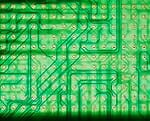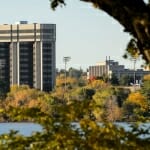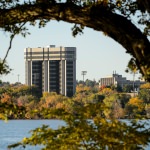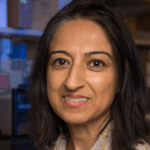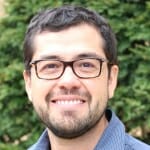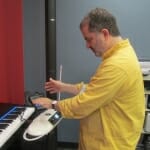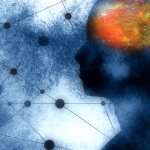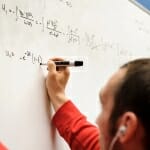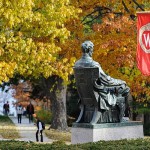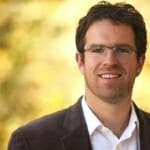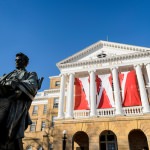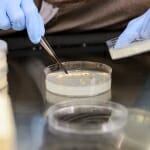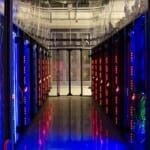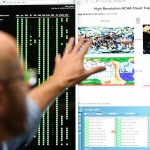Tag Grants
Center for Trustworthy Machine Learning established with $10 million NSF grant
UW-Madison is part of a consortium that received a $10 million NSF grant that will work toward understanding the risks inherent to machine learning, and developing the tools, metrics and methods to manage and mitigate these risks.
WARF announces annual grant figures and 2018 Innovation Award winners
WARF has granted the university $73 million for the 2018-19 academic year, along with $12.5 million for the Morgridge Institute for Research, in its annual investment in UW–Madison-based research and education.
WARF announces annual grant figures and Innovation Award winners
Capping a day devoted to advancing campus innovators, the Wisconsin Alumni Research Foundation (WARF) announced that it has granted the university $73 million for the 2018-19 academic year.
New funding opportunity supports research into contemporary social problems
The grants will fund research with implications for promoting economic prosperity, enhancing social and psychological well-being, and improving health outcomes in the U.S.
NSF awards UW $3 million to advance quantum physics, technology
The three UW–Madison grants are among 25 in an NSF initiative to fund major advances in quantum physics. In 2016, the agency identified quantum research as one of its 10 top funding priorities.
Next generation Large Hadron Collider relies on UW–Madison computing
The University of Wisconsin Center for High Throughput Computing will receive $2.2 million dollars to help develop software to support an upgrade in the Large Hadron Collider.
Power-hungry data centers may help make a more efficient national electric grid
Researchers from UW–Madison and the University of Chicago will explore the idea that data centers could make the power grid more flexible with a $1.8 million grant from the National Science Foundation.
UW2020: WARF Discovery Initiative is open for round five proposals
UW2020 supports collaborative, multidisciplinary research projects that are high-risk, high-impact, and transformative as well as those that require the acquisition of shared instruments or equipment that will open new avenues for research.
UW–Madison center takes lead in improving mental health services in Great Lakes region
A new UW–Madison tech transfer center funded by a $3.7 million federal grant will provide training and technical assistance to support the region’s mental health workforce, covering treatment and recovery services.
Competition attracts future grants, jump starts research and student careers
Recipients of Fall Research Competition awards are thankful for the funding to help them acquire the resources they need, but perhaps most important, they say, is the student support they are able to provide.
Data Science Initiative supports faculty research
Ten highly innovative projects, addressing such diverse topics as the microbiome, climate change, limnology, Alzheimer's disease, genomics and math, have been chosen to receive funding.
NEH grant to reunite radio history
Communication Arts associate professor Eric Hoyt is a leader of Unlocking the Airwaves, a collaborative project that will bring together split archival material from the National Association of Educational Broadcasters and create a resource for scholars, educators and the public.
UW-Madison cloud computing research moves into new phase
UW-Madison is part of a team of campuses receiving nearly $10 million, collectively, from the National Science Foundation (NSF) to further develop cloud computing infrastructure and enable high-level research by scientists around the country.
UW-Madison launches data science initiative
“The pace of change in the data science field is extremely rapid, and we think the data science initiative is one very good way to keep UW–Madison research on pace with those changes,” says Associate Vice Chancellor Steve Ackerman.

